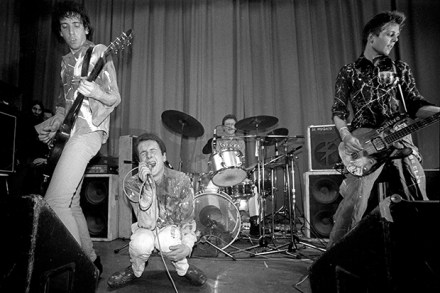Kisses of Virtuous Renunciation
He was checked in under the name Immortality, Mr Immortality — but on the vanity were the little capsules of mouthwash and shampoo, a packet with needle and thread, and letters from his father, who was dead. (And books to write, and letters of instruction, to have read.) He’s a valued guest at the Clarion, at the Shelburn, like others in this inferno though I miss him most. ‘Time is a monster,’ he said before calling down for another hour. He had to spell his name to the woman at the front desk. ‘I am mortality,’ I heard him say between kisses I remember to this day.

















